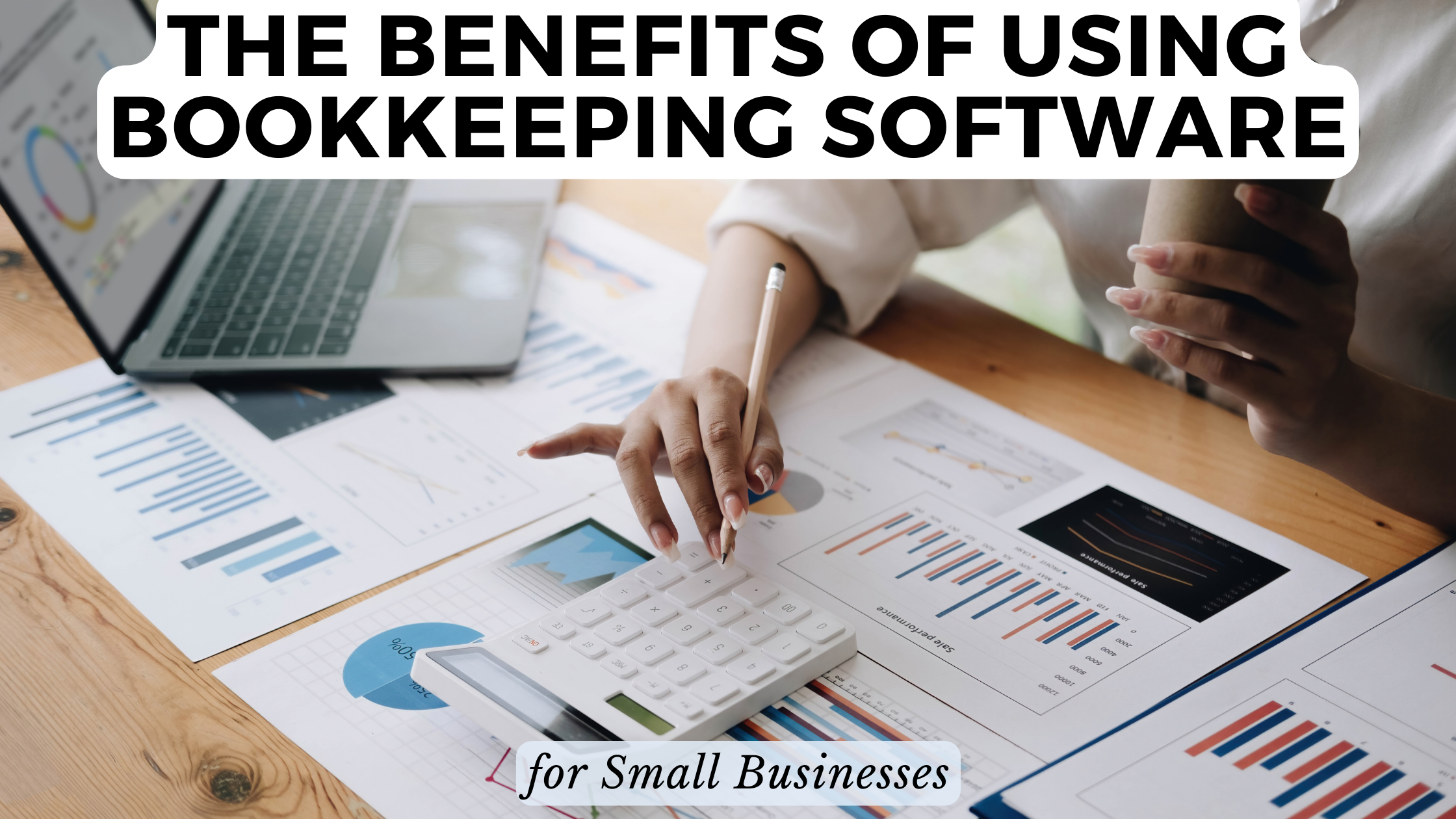The Benefits of Using Bookkeeping Software for Small Businesses
- E-Learning Platforms Worksuite


The Benefits of Using Bookkeeping Software for Small Businesses
Running a small business involves juggling numerous responsibilities, and managing finances is often at the top of the list. Bookkeeping is a critical aspect of financial management, and with the advent of technology, small businesses can now leverage bookkeeping software to streamline their financial processes. In this article, we will explore the various benefits of using bookkeeping software and how it can significantly contribute to the success of small businesses.
Understanding the Power of Bookkeeping Software
1. Automated Financial Transactions
Bookkeeping software automates repetitive financial tasks, such as data entry and transaction categorization. This automation not only saves time but also minimizes the risk of human error, ensuring accurate financial records.
2. Real-Time Financial Insights
One of the key advantages of bookkeeping software is the ability to access real-time financial data. Small businesses can make informed decisions based on up-to-date information, leading to improved financial management and strategic planning.
3. Enhanced Organization and Accessibility
Bookkeeping software organizes financial data systematically, making it easily accessible when needed. This organized approach simplifies tasks like tax preparation and financial reporting, enabling small businesses to comply with regulatory requirements effortlessly.
4. Cost and Time Efficiency
Traditional bookkeeping methods can be time-consuming and costly. Bookkeeping software streamlines processes, reducing the time spent on manual tasks. This efficiency translates into cost savings, allowing small businesses to allocate resources more effectively.
5. Improved Invoicing and Cash Flow Management
Many bookkeeping software solutions offer features for creating and sending invoices promptly. This not only accelerates the payment process but also improves cash flow management, a critical aspect for the sustainability of small businesses.
Bookkeeper Software: Navigating Relevant SaaS Products
1. QuickBooks
QuickBooks is a versatile bookkeeping solution that caters to businesses of all sizes. It offers features like invoicing, expense tracking, and financial reporting, making it an ideal choice for small businesses.
2. Xero
Xero is known for its user-friendly interface and comprehensive set of features. It allows small businesses to manage invoicing, bank reconciliation, and payroll efficiently.
3. FreshBooks
FreshBooks is designed with small businesses in mind, offering intuitive invoicing, expense tracking, and time management features. It’s a user-friendly solution for entrepreneurs.
4. Zoho Books
Zoho Books provides a cloud-based bookkeeping platform, allowing small businesses to manage their finances seamlessly. It includes features like invoicing, expense tracking, and project billing.
5. Wave Accounting
Wave Accounting offers free bookkeeping services, making it an attractive option for startups and small businesses. It covers essential features like invoicing, accounting, and receipt scanning.
Conclusion
In conclusion, the benefits of using bookkeeping software for small businesses are multifaceted. From automation and real-time insights to cost efficiency and improved cash flow, bookkeeping software plays a pivotal role in enhancing financial management. Small businesses can leverage the recommended bookkeeping software solutions to streamline their bookkeeping processes and focus on what truly matters—business growth.
As you embark on the journey of optimizing your small business’s financial management, Subscribed.FYI emerges as a valuable resource. Sign up to unlock exclusive deals on bookkeeping software and other SaaS tools, ensuring cost-effectiveness and efficient management of your software resources.
Relevant Links:








